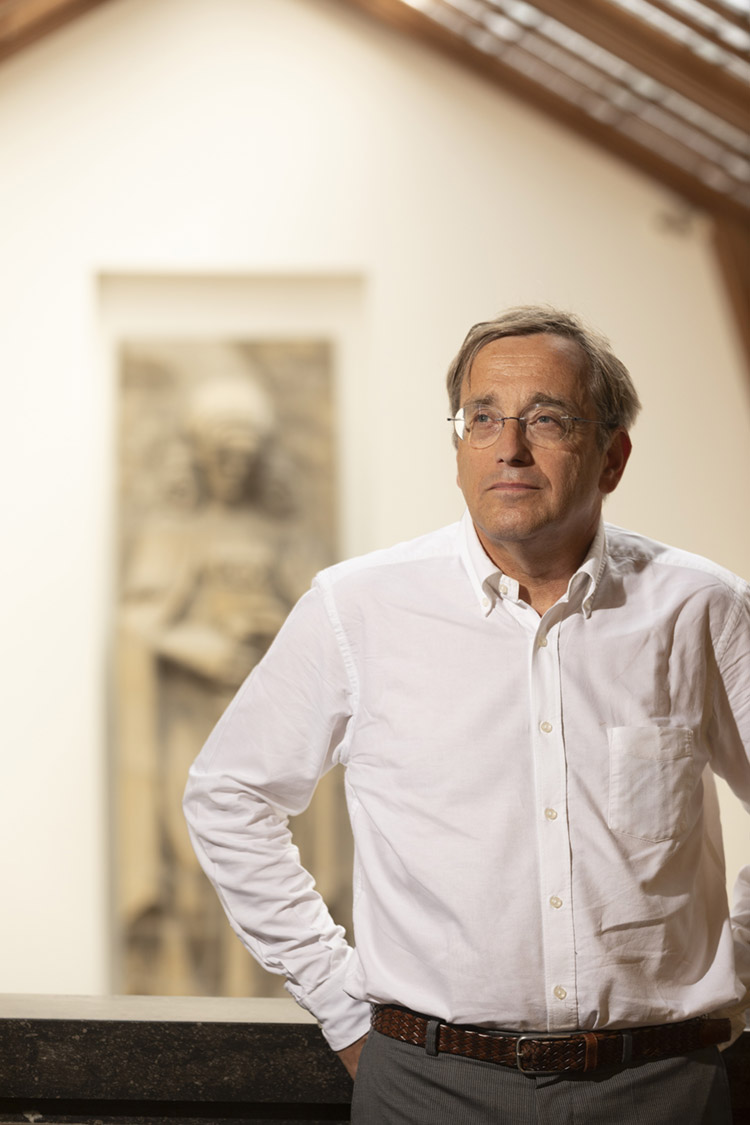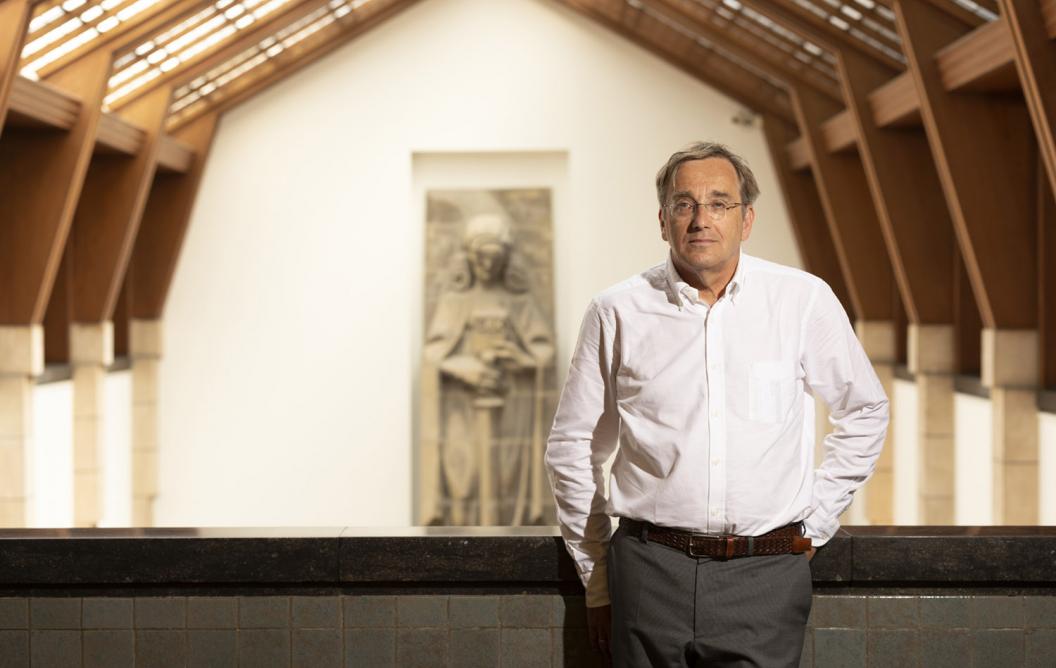“Better less control over more than the other way around”
“The EU provides us with more and greater protection for everything we hold dear, and that is important in times when countries such as China, Russia and the United States are determined to follow their own paths,” are the words of Aalt Willem Heringa, professor of (Comparative) Constitutional and Administrative Law at Maastricht University. He attaches great importance to European Integration, also now, in 2019.
Seven UM scientists shed light on the European state of affairs as part of our series Maastricht, reflecting on Europe.
“Only together do we grow stronger. Also, because it is about more than economy and trade. The European Union is also a union of values. Democracy and the rule of law deserve our unwavering commitment—both within the Union as a whole and within the Member States. That is perhaps the most powerful argument for reinforcement.”
What is the criticism of the EU within your field, and is it justified?
“The parliament in Brussels and Strasbourg is unable to claim its rightful place; the European Council is currently taking the lead for the most important decisions, and it is not accountable to the European Parliament. It is not about the issues it should be about, not about the economic and monetary union EMU, not about the Eurogroup, not about the banking union, not about foreign policy, not about the budget rules, not about budgetary oversight. That is the criticism and that I find justified, yes.”
What should change?
“The European Parliament should have a greater role, with more powers. For instance, it should, in any case, be able to take the initiative for new legislation, just as our lower house of the Dutch parliament can. This implies that there will be ‘real’ European parties and that European elections will become more European—with substantive European programmes. Then, the outcome of the European elections would also have to be reflected in the strategy of the new European Commission and also in the choice of the new Commission President. That would perhaps make it a little clearer to voters what they are voting for because, of course, hardly anyone understands that, either.
In addition, the EU must of course more often and, above all more visibly, make it clear what it is there for’—solutions for migration issues, the environment, crime. The Turkey deal, for example, seemed to be a good start for the distribution of migrants, but unfortunately the implementation of this leaves much to be desired. While it is important that voters gain more confidence in the EU.”

Prof. Aalt Willem Heringa, professor of (Comparative) Constitutional and Administrative Law.

What is the status of human rights and democratic governance in the EU?
“The EU itself is a relatively decent organisation, but the problem lies with some of the Member States: Poland, Hungary and Romania. And the EU has not been able to address these problems adequately thus far. There is a plan, however, to demand that EU members that wish to claim large amounts of money from the cohesion funds, which are intended to reduce economic and social inequalities within the EU, do their best to live up to the EU’s fundamental values. That is a plan for the next budget, so if it becomes concrete, it will take at least another year.”
How do you see the future of the EU?
“There is no alternative but to work through it. Eurosceptics and advocates of less or no EU have no real alternative, except to be against it. I always call that a fake story. How should Europe survive if the countries are left having to fend for themselves again? How would a small country like the Netherlands be better off as ‘sovereign’ than in an EU context? Larger Member States will probably cope without the EU – but little protection remains for the smaller ones in a dog-eat-dog world. That is a guarantee of an uncertain existence. You then have more of a say over less. Better less control over more. Better greater protection for everything we hold dear.”
What do you think about the election results?
“To start with, I am happy with the high turnout, although the motivation varies, of course, from one Member State to another; in Belgium there is even a participation requirement. And I find it interesting that the Eurosceptics do not make up much more than 10% of the total, so the fuss about that beforehand was perhaps a bit exaggerated. The Christian and Social Democrats are no longer ‘the big block’ in the European Parliament, which makes it more exciting than before. Other parties need to join them to come to a programme and a new President of the European Commission and I hope that this will result in a more transparent debate and process.”